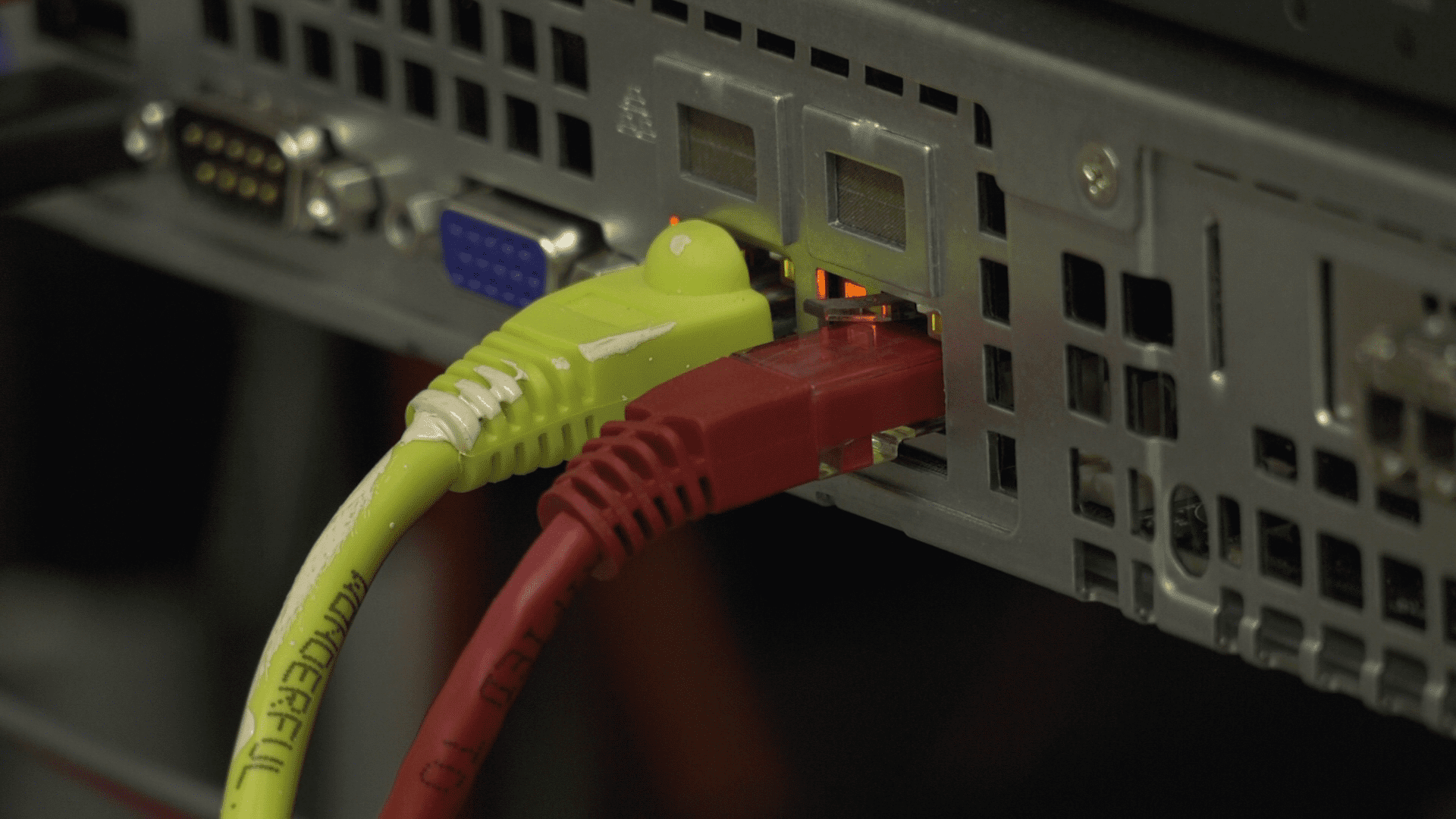Internet access for all: Duluth Fiber Lincoln Park pilot project
[anvplayer video=”5147972″ station=”998130″]
The last couple years has shown us clearly that the Internet is no longer a luxury, nor a convenient enhancement for lifestyles for those who can afford it. Rather, Internet access has become a basic necessity. The City of Duluth is taking the first steps to making internet accessible for all with the Duluth Fiber Lincoln Park Project. In the first phase of Duluth Fiber, the pilot project will connect an estimated 1,900 customers, both residential and business, with high-speed internet in the Lincoln Park neighborhood. After a year of success, the City will look to deploy fiber citywide.
“So this is a fiber project, it would be utilizing some connected fiber that is already in this community through other services and then expanding on it. And so what’s really exciting is that council last year passed a policy. This policy would make it that whenever the city is doing road maintenance within the pilot project there could be a potential future fiber build out to somebody’s home or business,” says Emily Nygren, Economic developer for the planning division of Duluth.
City staff and Council have been working towards broadband resolutions for the last year. A recent survey of over 1, 7000 residents, found the vast majority of respondents believed the costs were unaffordable. When considering options for City investment, a substantial 97 percent chose the option to back a City-sponsored broadband resolution.
“So right now we’re doing the network design for what that would look like duplexes, triplexes, multi-family housing development as well as for businesses. It’s an opportunity for the city to own the actual fiber infrastructure, so the fiber optic cable and the network and then allow for other companies to come in and be able to compete for your service to your door. So similar to a cable TV provider of selection of channels, you can decide really what is your menu, what type of service, what types of speeds,” continues Nygren.
To sign up and find out more about the project, click here: https://www.connectingduluth.com/
